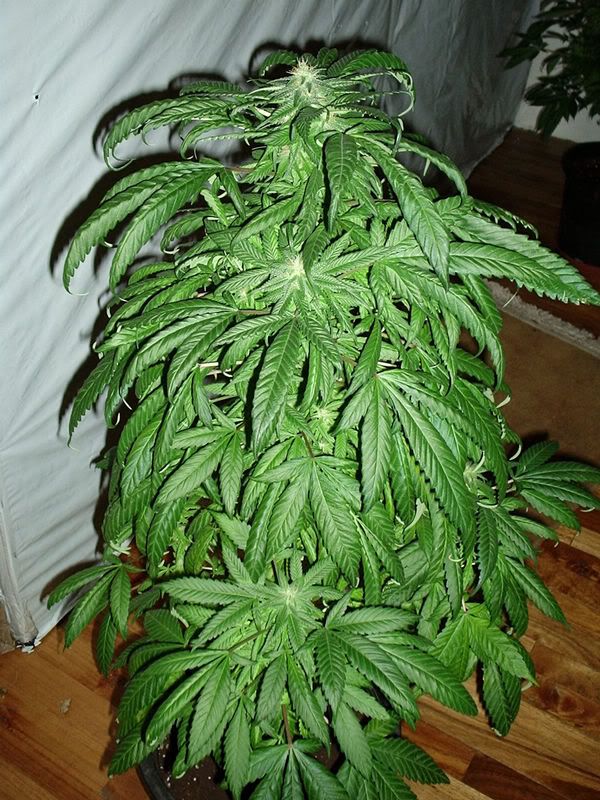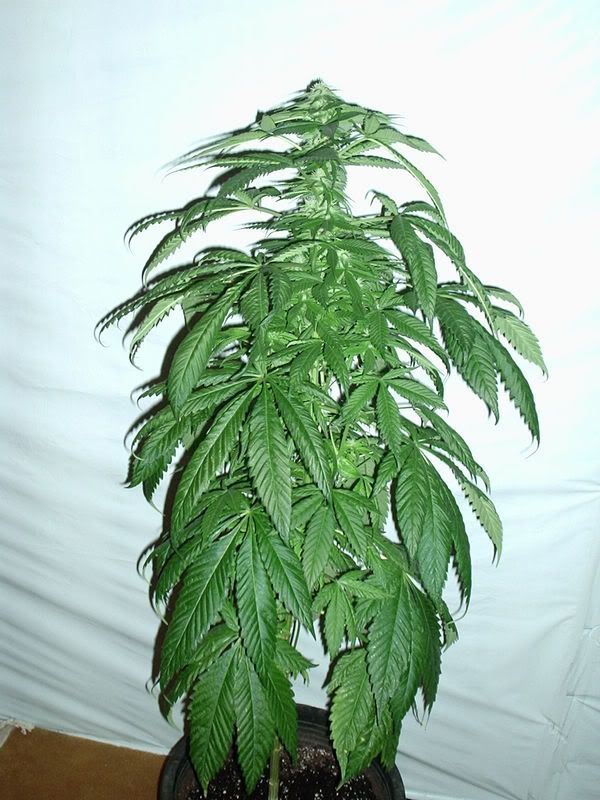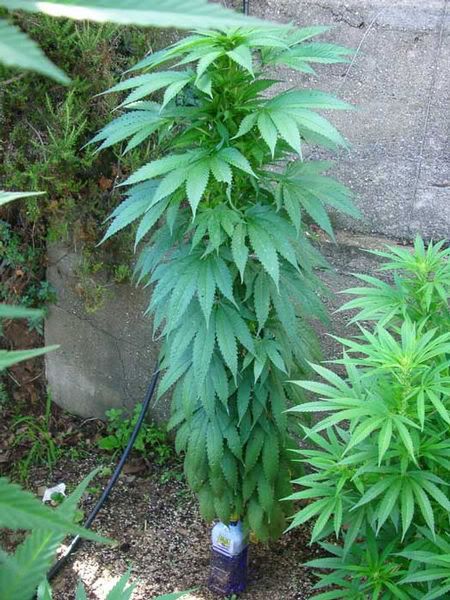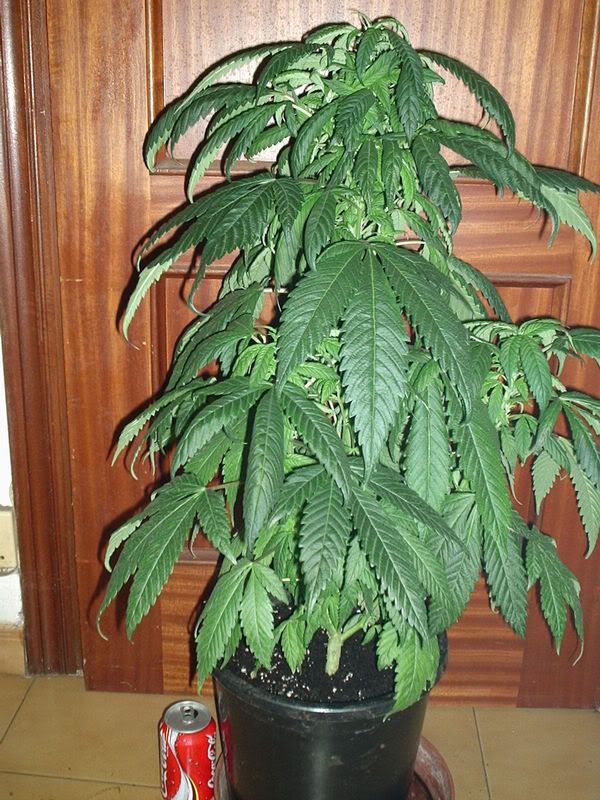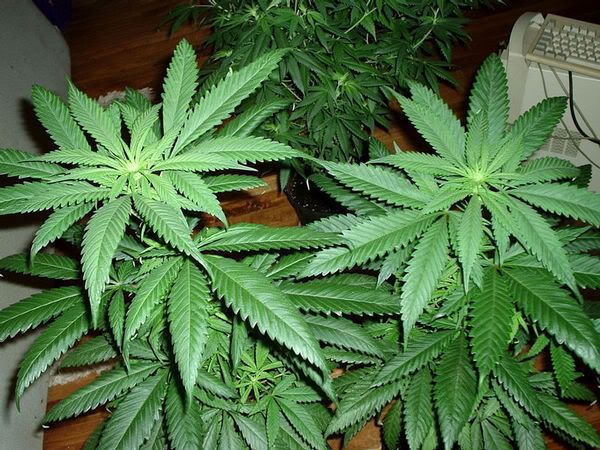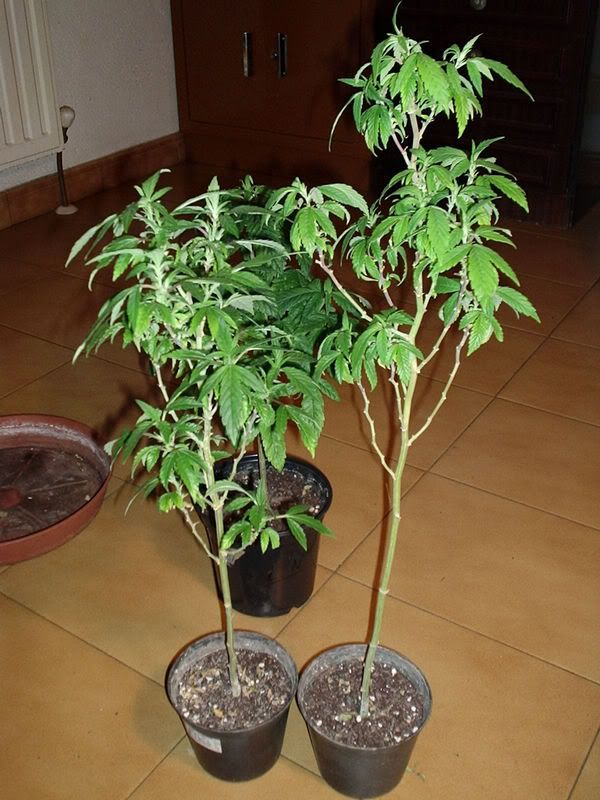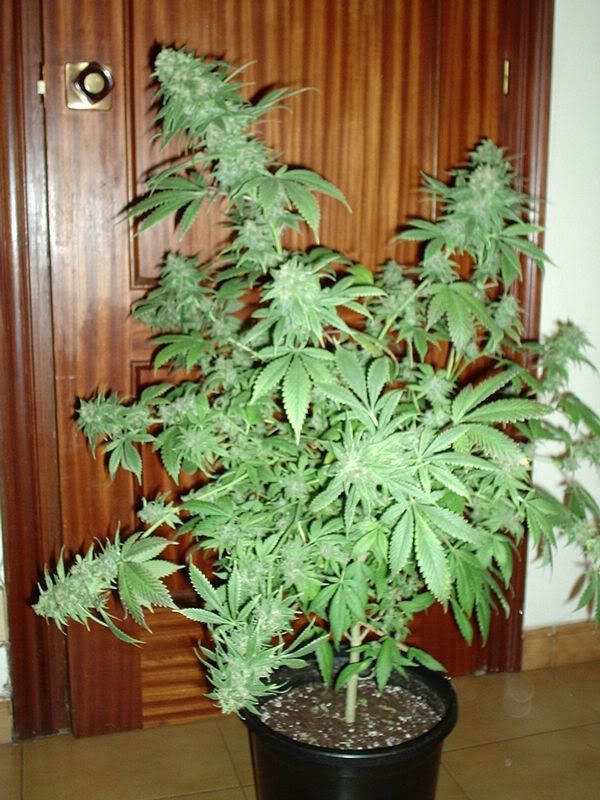ok..im wrong
If you think the excerpt you pasted proved your point or debunked darwinism, then you're wrong twice =].
.They have found mechanism through which it could be possible, but have yet to find it occurring or having had occurred.
"it has to be determined whether the environment can induce an epigenetic change in an organism that can be inherited in subsequent generations. Certainly, nobody has shown that an epigenetically induced beneficial or adaptive change has been inherited."
I'm not saying it cannot be as you imagine it to be, only that nothing has shown it to be and there are known observed mechanisms for most inheritance and most biological responses
As it stands now... I can buy into the notion that inheritance may not be 100% genetic, but even if you neo-lamarckians are right, the genome is still responsible for 99.99% of all inheritance. Natural selection and evolution are not at all debunked. And, your genome is 99% chimp.
Last edited:

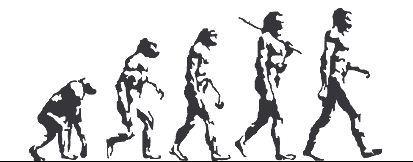
 I'm still following along...
I'm still following along...